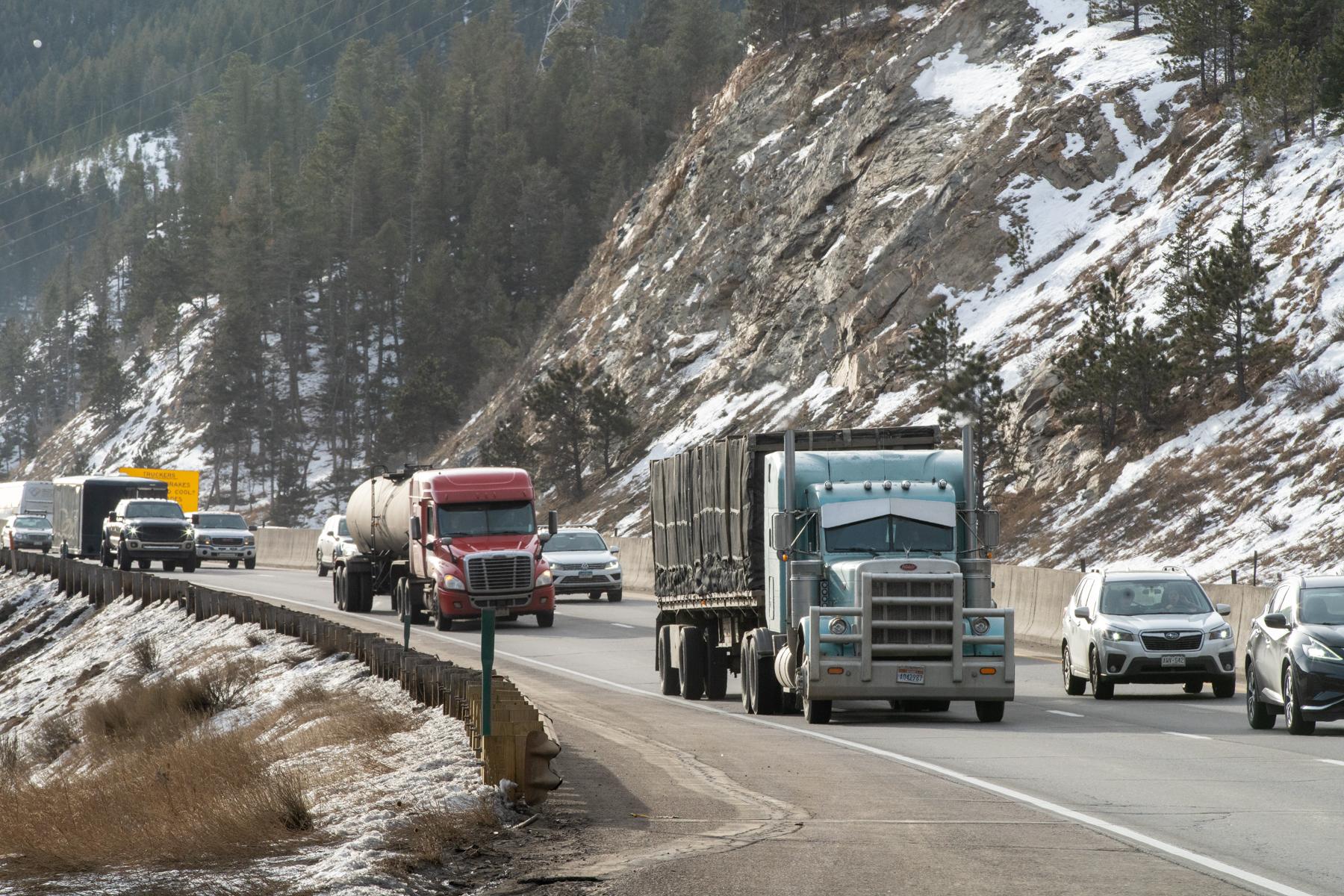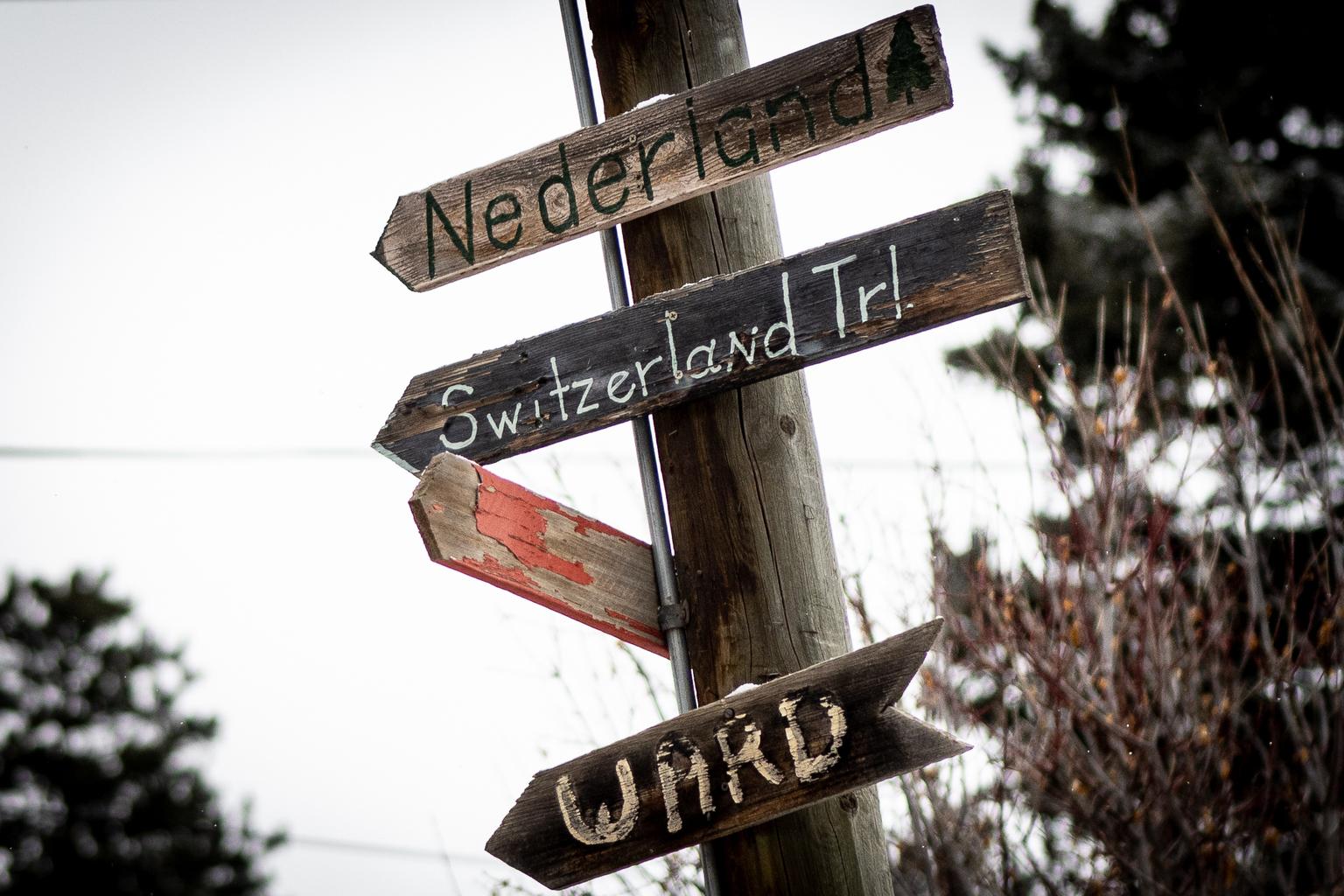
A bill aimed at reducing closures on Colorado’s mountain highways cleared the state legislature last week.
Senate Bill 100 was a bi-partisan piece of legislation focused on commercial vehicle safety on Interstate 70 and other mountain passes that have been plagued by safety closures. The bill requires trucks over 16,000 pounds to carry tire chains and increases speeding penalties in certain parts of I-70. It also includes prohibitions on commercial vehicles using the left hand lane in high-accident areas, such as Vail Pass.
“We have many, many incidents from this winter where we saw that the backups in the closures emerged from significant numbers of unchained vehicles,” Colorado Department of Transportation Executive Director Shoshana Lew said during a House committee meeting on the bill last month. “During the large storm in early March, that was one of the key reasons why Floyd Hill was closed for as long as it was because each of those trucks, as you'll hear from CSP, took a long time to pull out.”
The legislation had the backing of some industry groups, including the Colorado Motor Carriers Association, who advocated for additional resources beyond the bill. Topping the list was a request for increased parking options for drivers who want to wait out major storms.
Senate Bill 100 also requires CDOT to conduct a study that will examine, among other things, the need for increased chain-up stations for commercial vehicles. State Sen. Dylan Roberts of Frisco was a sponsor of the bill and said the hope is that small tweaks will improve traffic on crucial Colorado roads.
“It's a very low-cost or no-cost way to improve safety and efficiency on the corridor. And it's a huge return on investment because the data shows that every hour that I-70 is closed, it costs the economy $2 million here in Colorado — two million per hour is a huge hit,” he said. “That's not to say the immense frustration and anger that people get when they're stuck on I-70 trying to get to or from the mountains.”









